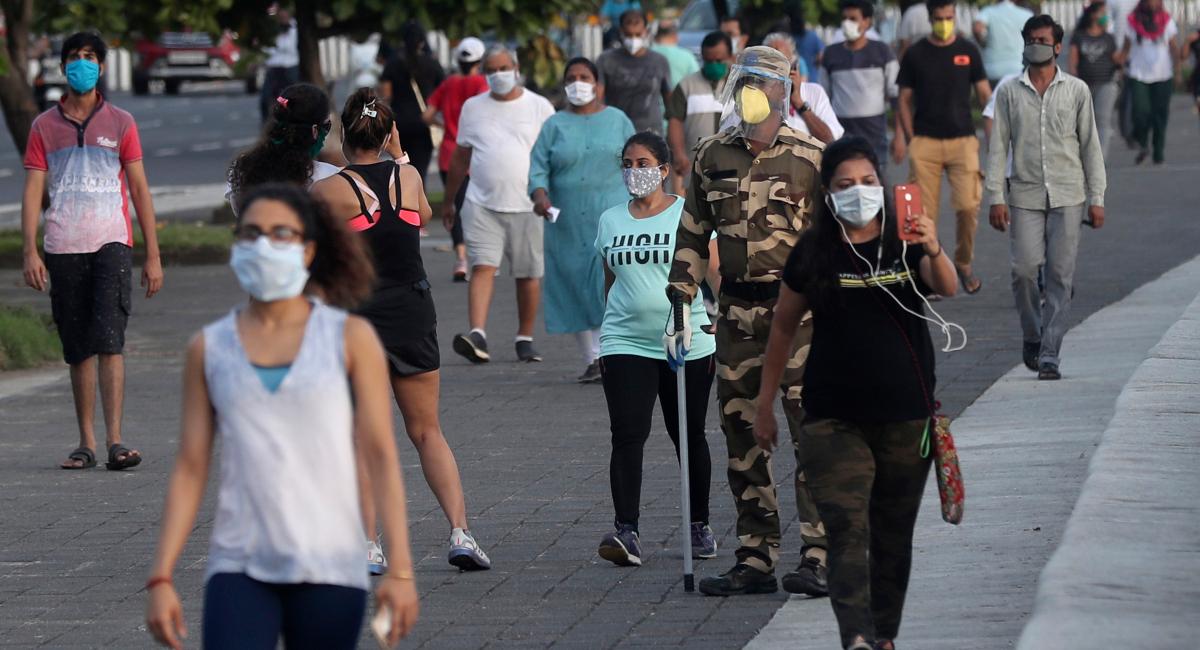In a new revelation, researchers have drawn a direct link between alcohol consumption and six specific types of cancer. While the dangers of alcohol have long been debated, this fresh data brings a sobering reality into focus. According to the 2024 Cancer Progress Report by the American Association for Cancer Research (AACR), alcohol has now emerged as the third leading risk factor for cancer, trailing only obesity and cigarette smoking. This finding is not only significant for those who indulge in heavy drinking but also for the casual social drinker. The report highlights that alcohol alone is responsible for more than 5% of all cancer cases globally, and more alarming, this risk factor is modifiable meaning it can be reduced with lifestyle changes.
While alcohol may be a common part of social gatherings and celebrations, its toxic effects on the body are now unmistakable. The AACR report has definitively linked alcohol to six different types of cancer:
1. Head and Neck Cancers: These include cancers of the mouth, throat, and voice box, areas directly exposed to alcohol.
2. Oesophageal Cancer: The oesophagus, the tube that connects the throat to the stomach, is highly susceptible to the corrosive effects of alcohol.
3. Liver Cancer: The liver is the organ responsible for detoxifying alcohol, and chronic exposure increases the risk of liver cancer.
4. Breast Cancer: Alcohol affects hormone levels, increasing the risk of breast cancer, particularly in women.
5. Colorectal/Colon Cancer: Long-term alcohol consumption has been shown to damage the colon and rectum, leading to cancer in these regions.
6. Stomach Cancer: Alcohol irritates the stomach lining, which over time can lead to cancerous growths.
One of the most concerning aspects of this report is the recognition that 40% of all cancer cases are associated with "modifiable risk factors." This means that these factors, including alcohol consumption, can be avoided through lifestyle changes. The implications are profound: if individuals can reduce or eliminate alcohol from their daily lives, they can significantly lower their cancer risk. The focus on modifiable risk factors is crucial because it offers hope in the fight against cancer. Prevention, in this context, becomes far more powerful than treatment.
The report also sheds light on a worrying trend: early-onset cancers are becoming more common. Researchers suggest that our modern lifestyle, which includes an unhealthy diet, lack of physical activity, and frequent alcohol consumption, is contributing to this rise. These early-onset cancers are particularly dangerous because they often go undiagnosed until they reach an advanced stage. The cumulative effects of alcohol and other carcinogenic exposures, starting from a young age, seem to be accelerating this trend.
In addition to alcohol, other factors contributing to the rise in early-onset cancers include:
- Highly Processed Foods: Diets rich in processed foods have been linked to cancer due to the presence of unhealthy fats, sugars, and additives.
- Tobacco Use: Smoking remains one of the leading causes of cancer and is often exacerbated by alcohol consumption.
- Sedentary Lifestyles: Lack of physical activity increases obesity rates, which in turn heightens cancer risk.
- Environmental Carcinogens: Exposure to harmful chemicals in the environment is also a growing concern.
- An Unfavourable Microbiome: The balance of bacteria in the gut, known as the microbiome, plays a crucial role in overall health, and an imbalance may contribute to cancer development.
The report urges individual countries and regions to conduct their own research on the causes of early-onset cancers to create tailored public health strategies.
Despite the statistics, there is hope for those who choose to change their habits. According to the AACR report, individuals who reduce their alcohol intake or quit altogether can significantly lower their risk of developing cancer. Research shows that reducing alcohol consumption can decrease the likelihood of developing alcohol-related cancers by 8%, while overall cancer risk drops by 4%. This may not seem like much, but when considering the global population, these percentages translate into millions of lives saved.
Reducing alcohol intake is one of the most impactful ways people can safeguard their health, especially considering that alcohol consumption is deeply ingrained in social and cultural practices worldwide. For those who want to take control of their health, cutting back on alcohol is a powerful and straightforward step.
The World Health Organization (WHO) has also recognized the serious threat alcohol poses to public health. According to the WHO, alcohol is responsible for at least seven different types of cancer, including the most common forms such as bowel cancer and breast cancer. These findings align closely with the AACR report and further highlight the need for urgent action.
The WHO has long advocated for reducing alcohol consumption globally, but their stance has become even more firm with recent studies showing that no level of alcohol consumption is truly safe. While moderate drinking has often been portrayed as harmless or even beneficial in the case of red wine the reality is far from truth. Alcohol is classified by the WHO as a toxic, psychoactive, and dependence-producing substance, with carcinogenic properties.
One of the key recommendations from the WHO and other health organizations is the introduction of warning labels on alcoholic beverages, similar to those found on cigarette packages. These labels would educate consumers about the cancer risks associated with alcohol consumption and encourage more informed decisions.
Given the significant risks associated with alcohol consumption, public awareness is crucial. The lead author of the AACR report, Rajarshi Sengupta, has called for more aggressive awareness campaigns and the introduction of cancer-specific warning labels on alcoholic beverages. This could play a critical role in reducing consumption, much like the impact of anti-smoking campaigns over the past few decades.
While anti-smoking initiatives have led to a significant decline in cigarette use, alcohol has not yet faced the same level of public scrutiny. Yet, alcohol poses similar risks, particularly when it comes to cancer. Awareness campaigns must shift public perception, making it clear that alcohol is not just a social indulgence but a serious health hazard.
Governments, public health agencies, and non-governmental organizations must all play a part in this educational effort. Schools, workplaces, and community centers could serve as hubs for disseminating information about the risks of alcohol and the benefits of moderation or abstention.
The global fight against cancer is ongoing, but reports like the AACR's offer both a warning and a roadmap. Alcohol, while widely accepted and enjoyed, is a significant and preventable cause of cancer. The fact that 40% of cancer cases are linked to modifiable risk factors should be a wake-up call for individuals, governments, and public health organizations alike.
If individuals take steps to reduce their alcohol consumption, and if public health initiatives succeed in raising awareness, we could see a significant decline in alcohol-related cancers in the coming decades. But this will require concerted efforts on multiple fronts—education, policy changes, and personal responsibility.
The evidence is clear: alcohol is not as harmless as it seems. By acknowledging its risks and making informed choices, we have the power to prevent countless cancer cases and save millions of lives.

 Research shows that reducing alcohol consumption can decrease the likelihood of developing alcohol-related cancers by 8%, while overall cancer risk drops by 4%.
Research shows that reducing alcohol consumption can decrease the likelihood of developing alcohol-related cancers by 8%, while overall cancer risk drops by 4%.












.jpeg)







.jpg)




.jpg)





.jpeg)